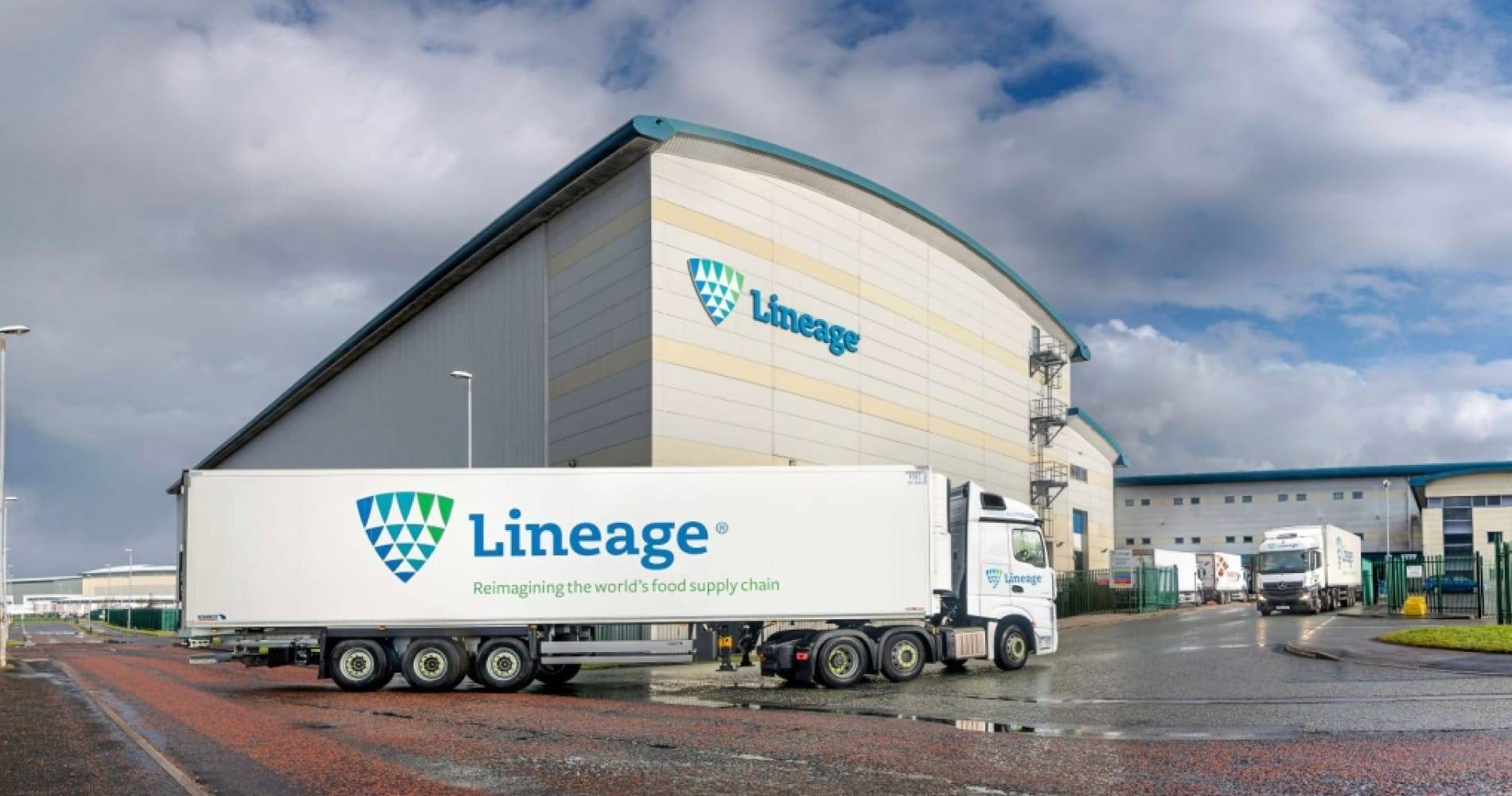Reports indicate that Lineage Logistics is preparing for an Initial Public Offering (IPO) valued at an impressive $30 billion this year. This move would significantly elevate the cold chain solutions provider above its competitors, notably Americold Realty Trust, which currently has a market capitalization of $8 billion. Lineage boasts an extensive network, with over 430 warehouses in 20 countries, demonstrating its substantial presence in the global market.
Cold Storage Market Experiences Rapid Growth
The cold storage sector is experiencing a surge in demand. The Cold Storage Construction – Global Strategic Business Report reveals that the global market, currently valued at approximately $11.6 billion, is projected to escalate to $32.8 billion by 2030. This growth is attributed to the rising global demand for chilled and frozen goods, necessitating a significant expansion in cold chain infrastructure. A study by the Columbia Climate School published last year underscores this trend, highlighting the need for increased cold chain solutions.
Reefers Gain Momentum in Maritime Transport
The maritime sector is also witnessing robust growth in the reefer market. The global fleet of reefer containers stands at around 1.5 million units. Estimates suggest a 3% growth in reefer plugs last year, with a projected 2% increase this year and 5% in 2025. Although reefer trade offers more stable demand and rates for ocean carriers compared to general containerized cargo, it also increases their energy requirements and carbon footprint. SeaCube, a reefer provider, notes that accommodating 10% of a ship’s capacity for reefers results in a 30% increase in energy demand.
Environmental Impact of Cold Chain Solutions
The Columbia Climate School’s study highlights the significant environmental impact of refrigeration systems, including industrial chillers and transport. These systems are responsible for up to 5% of global energy needs and 2.5% of total greenhouse gas emissions. Moreover, supply chain activities contribute to 18% of the greenhouse gas emissions from the global food production system. This scenario places the industry at odds with tightening environmental regulations, such as the Paris Agreement and various national and regional directives.
Lineage Logistics’ Sustainability Efforts and Industry Challenges
Lineage Logistics, acknowledging these environmental challenges, published its first sustainability report in 2022 and committed to achieving net-zero emissions across its operations by 2040. However, with just a 0.5% reduction in same-store emissions year-on-year, the company recognizes the long journey ahead to reach this target. The industry is increasingly focusing on technological solutions for supply chain traceability, balancing emissions reduction with improved efficiency. Nevertheless, doubts remain about the overall impact of these efforts on emissions, with a consensus forming around the need for collaborative solutions.
Collaborative Initiatives and Global Participation
In a significant move, Lineage joined the Move to -15°C coalition, an initiative adjusting the standard temperature for frozen food storage. This coalition, formed based on research led by the University of Birmingham, aims to raise the standard temperature from -18°C to -15°C without impacting food quality. This adjustment could reduce carbon dioxide emissions by 17.7 million tonnes annually. Notable participants include AP Møller-Maersk, Kuehne + Nagel, MSC, DP World, and Ocean Network Express.
Decarbonization Efforts Extend to Developing Nations
Decarbonization efforts are not limited to industrialized countries. Carrier Transicold’s recent collaboration with the Greener Reefers in International Maritime Transport (GIZ) initiative aims to advance cold chain development in countries like Costa Rica and South Africa. This project focuses on training technicians in the use of natural refrigerants for reefer containers, emphasizing sustainable solutions and energy optimization. The Columbia Climate School notes the rapid expansion of cold chains in developing countries and emerging economies, with China’s cold chain market expected to nearly double by 2026. Researchers stress the importance of climate-sensitive technologies and policies to mitigate the environmental impact of these growing cold chain networks.
Related: Top 10 Largest Cold Storage Companies Worldwide


